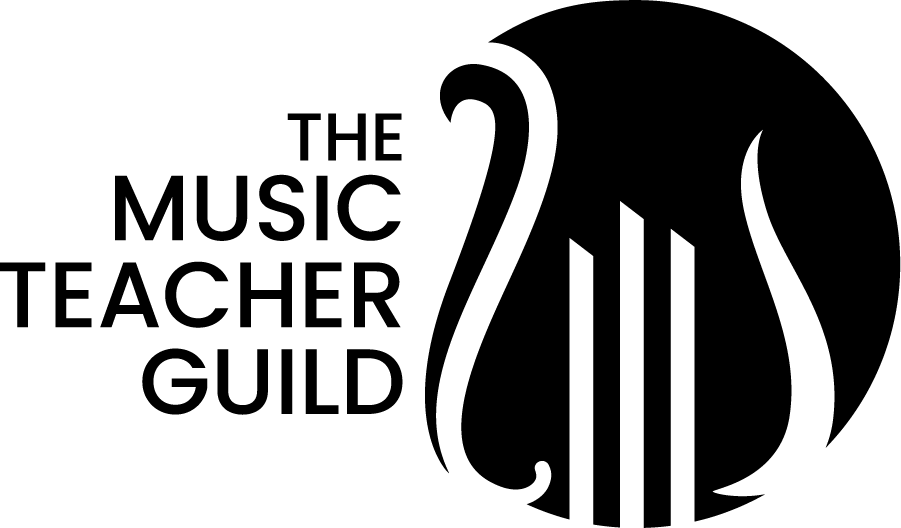Retirement Planning for Music Teachers: Strategies for a Secure Future
Retirement planning is a journey, not a destination—especially for music teachers with unique career paths. Whether you’re a private instructor, an adjunct faculty member, or a K-12 educator, careful planning is essential to ensure your post-career years are as fulfilling as your time in the classroom. In this post, we’ll explore strategies, resources, and tips for building a solid retirement plan tailored to the needs of music educators.
Why Retirement Planning is Crucial for Music Teachers
Music educators face unique challenges when preparing for retirement. Many work in non-traditional employment structures, such as freelancing, private teaching, or part-time adjunct roles. These situations often lead to:
Irregular Income Streams: Unlike salaried positions, private instructors may have fluctuating earnings, making consistent saving more difficult.
Limited Employer-Sponsored Options: Not all music teachers have access to robust pension plans or employer-sponsored retirement accounts.
Long-Term Financial Security: Ensuring you have enough to maintain your desired lifestyle in retirement requires proactive planning.
By addressing these challenges early, music teachers can build a financially stable and rewarding retirement.
Financial Planning Essentials for Music Teachers
1. Budgeting and Saving Early
Start by tracking your income and expenses to identify savings opportunities.
Aim to build an emergency fund with 3–6 months’ worth of living expenses.
Set aside a portion of each paycheck, even if it’s small, to grow your retirement nest egg over time.
2. Exploring Retirement Accounts
Music teachers can benefit from a variety of retirement account options:
403(b) Plans: Offered by many public schools, these plans are similar to 401(k)s but are specifically for educators.
Traditional IRA or Roth IRA: Ideal for private instructors or freelancers, these accounts offer tax advantages and flexibility.
SEP IRA: A great option for self-employed music teachers with higher contribution limits than traditional IRAs.
3. Investment Strategies
Balance your portfolio with a mix of stocks, bonds, and mutual funds.
Consider consulting a financial advisor to align your investment strategy with your risk tolerance and retirement timeline.
Transition Strategies for Retiring Music Teachers
Retirement doesn’t have to be an abrupt stop to your career. Many music teachers find ways to transition gradually or stay engaged with the field they love:
1. Gradual Transition
Shift from full-time teaching to part-time roles, such as offering private lessons or working as a mentor.
Volunteer in community music programs or local schools.
2. Staying Connected to Music Education
Join professional organizations to stay updated on trends and opportunities in music education.
Explore ways to give back, such as hosting workshops or guest conducting.
3. Preparing for Emotional and Professional Shifts
Understand that retirement involves more than finances—it’s also a shift in identity and daily routines.
Stay mentally and socially engaged through hobbies, travel, or involvement in the arts community.
Tools and Resources for Retirement Planning
1. Financial Calculators
Use online tools to estimate how much you’ll need for retirement and whether your current savings are on track.
2. Financial Advisors
Consider working with an advisor who specializes in education or the arts to create a tailored retirement plan.
3. Professional Organizations
Groups like NAfME or Music Teacher Guild often provide resources for financial and retirement planning tailored to music educators.
4. Books and Online Courses
Books like The Musician’s Guide to Financial Success offer valuable insights for planning and saving.
Conclusion
Retirement planning may feel daunting, but starting early and staying consistent will make all the difference. By budgeting effectively, exploring retirement account options, and planning a smooth transition, music teachers can create a retirement that’s as fulfilling as their teaching careers.
Take the first step today: explore retirement resources, consult with a financial advisor, and start building your plan for the future. Your years of dedication to music education deserve a secure and rewarding retirement!

